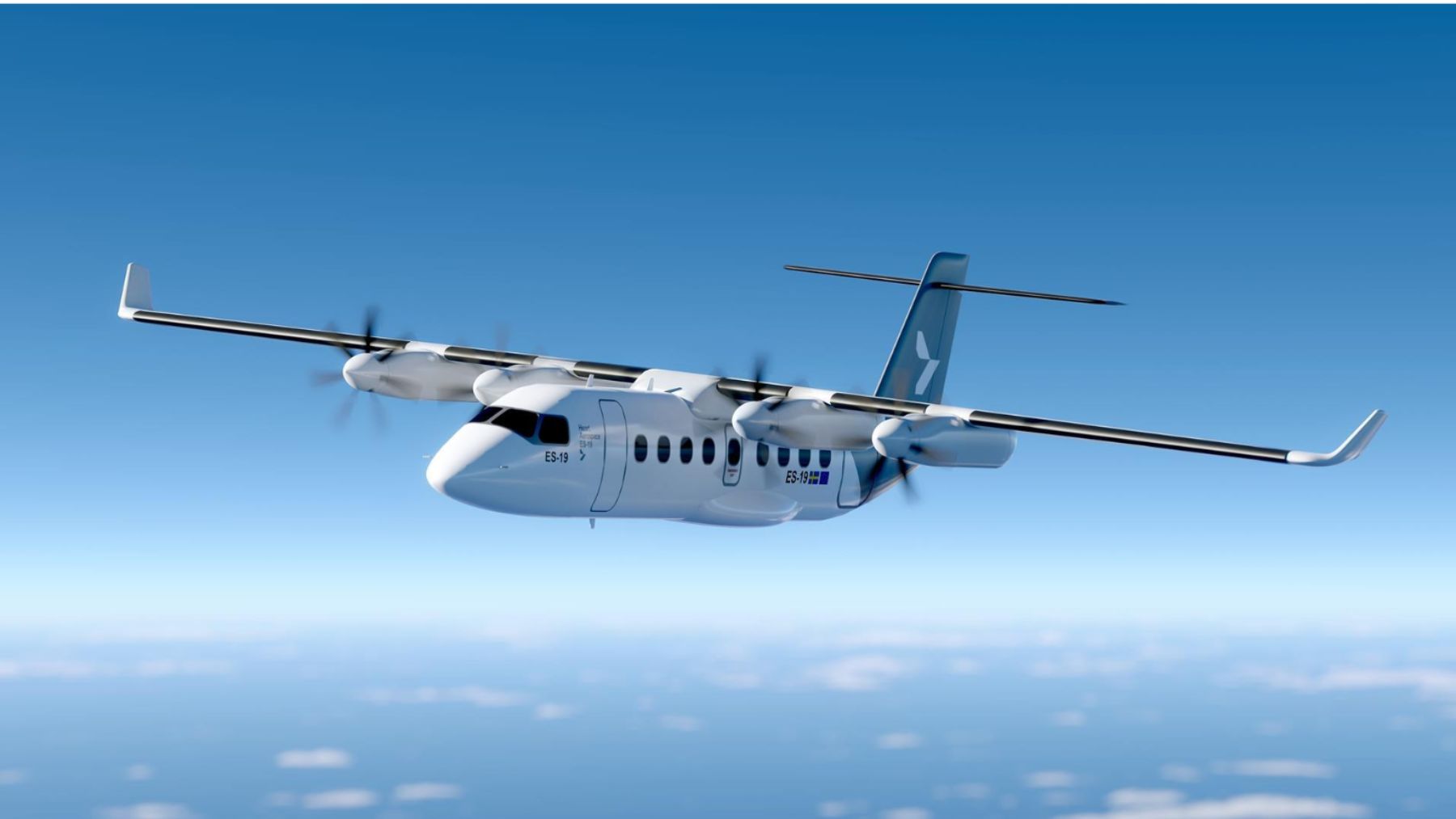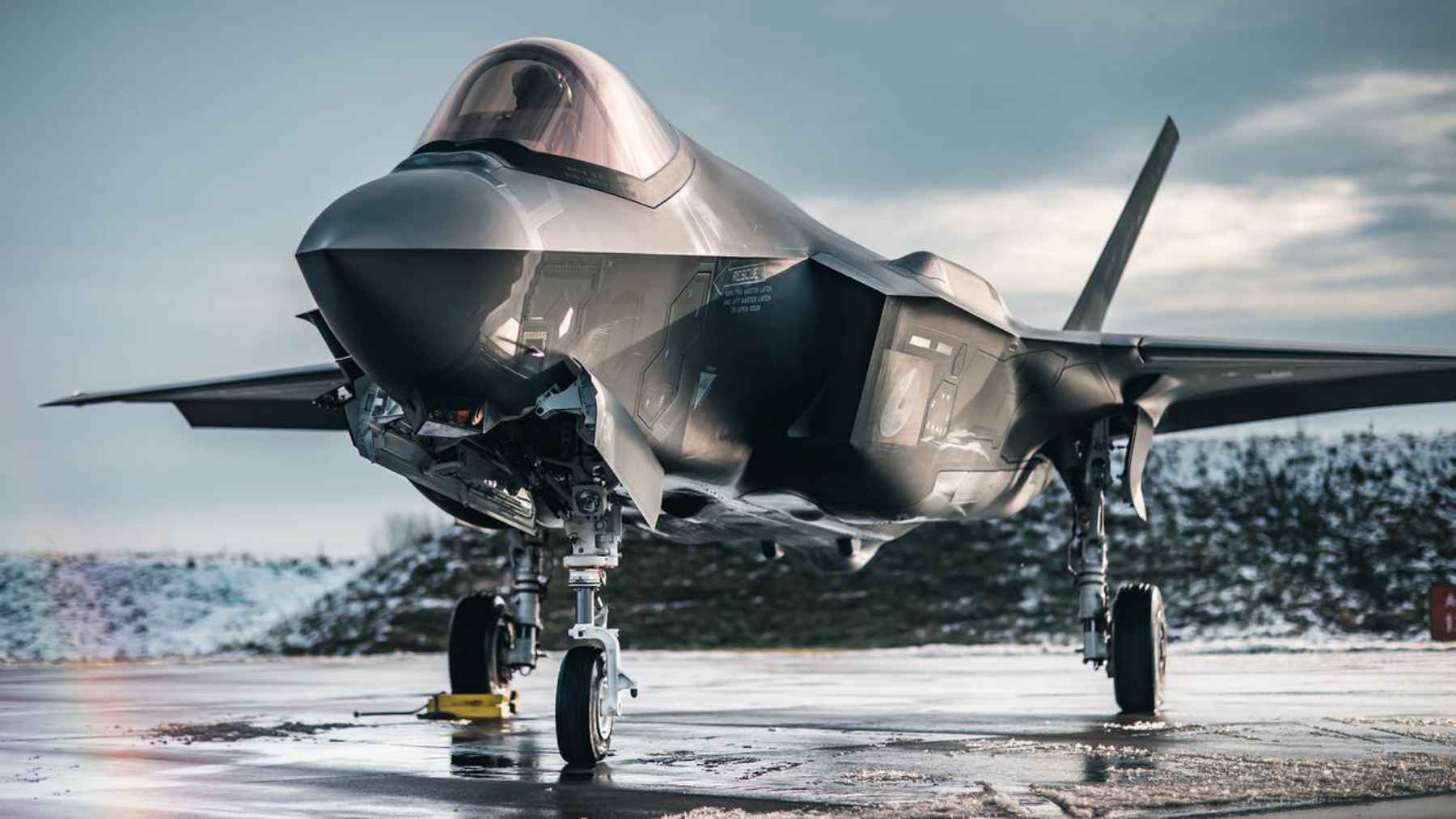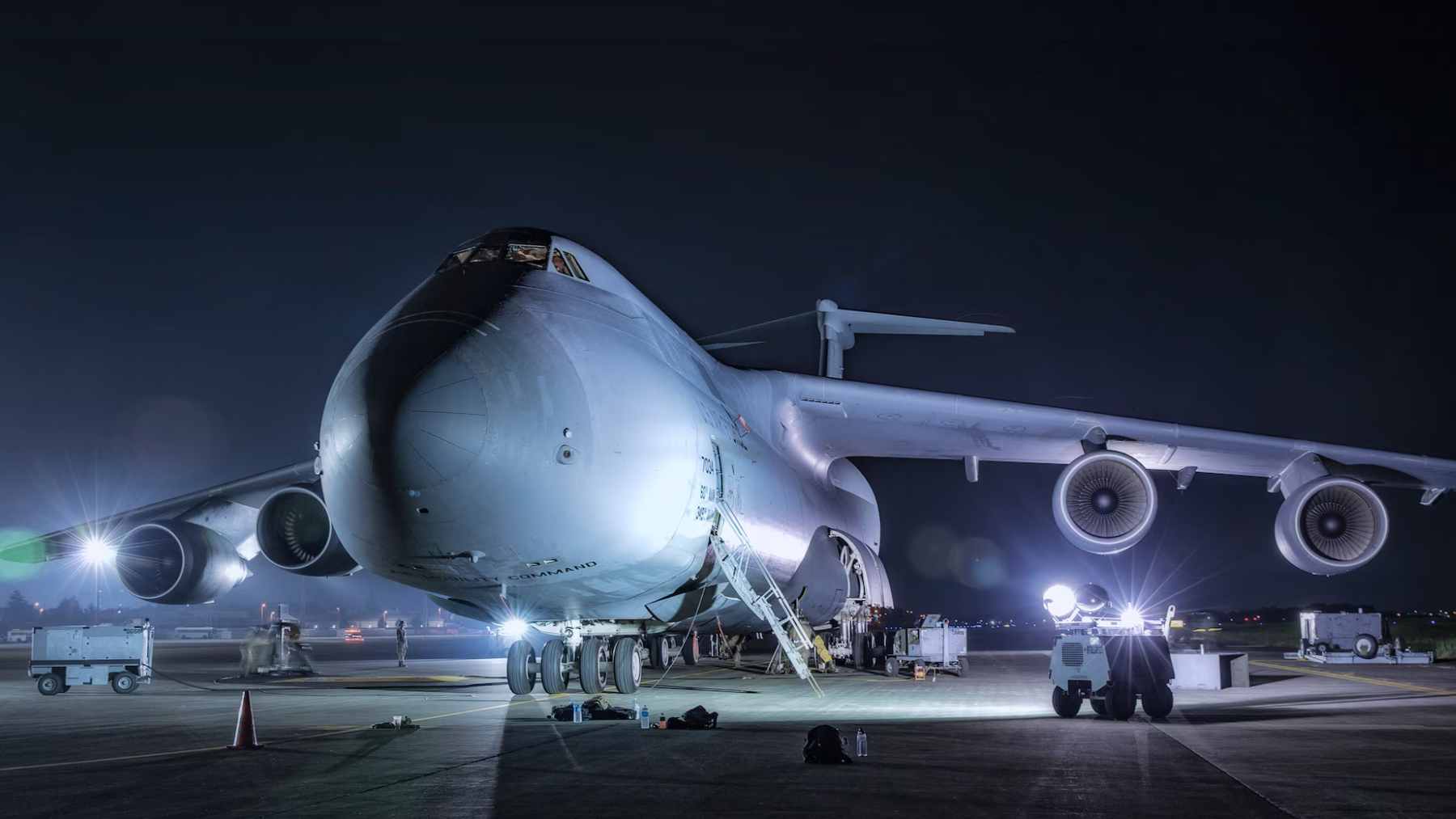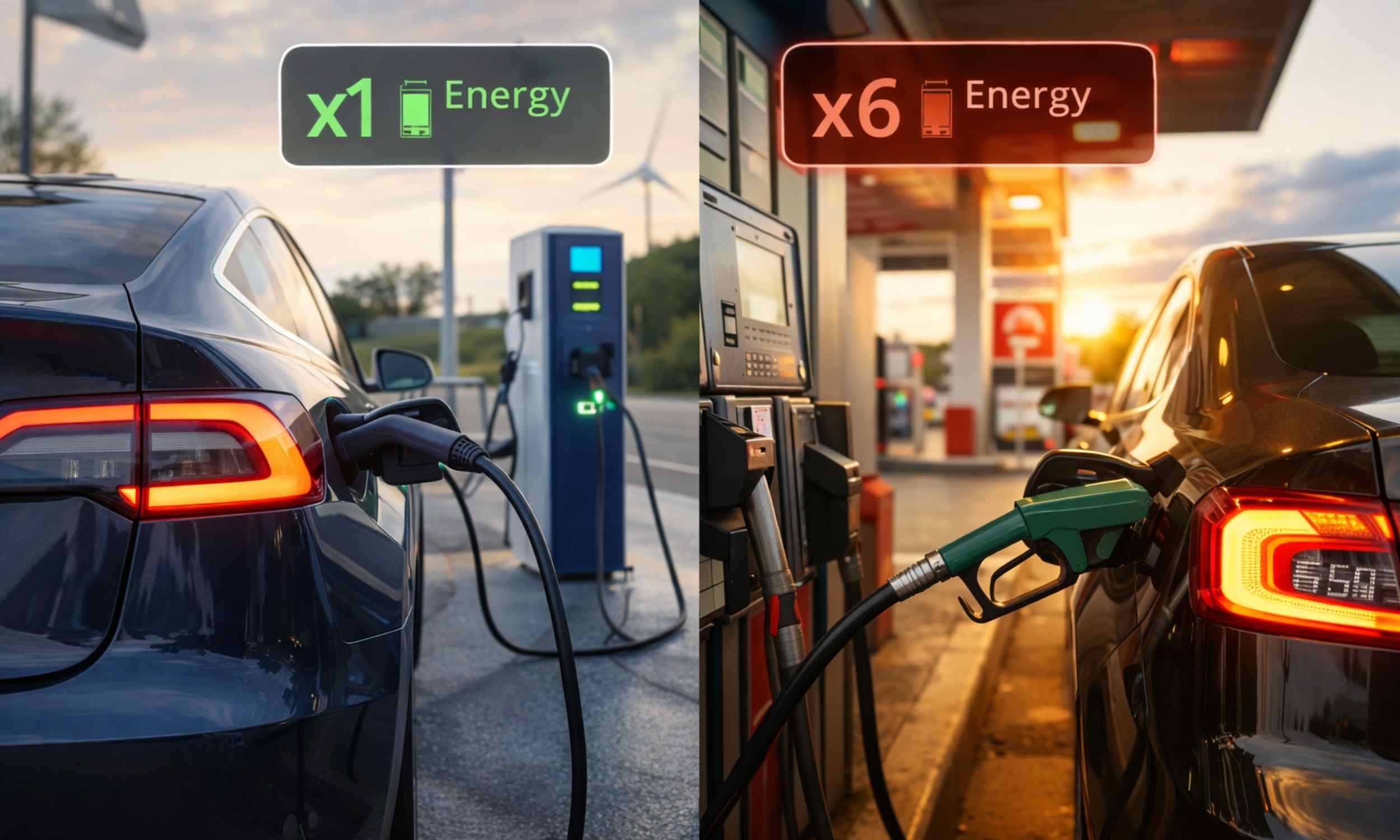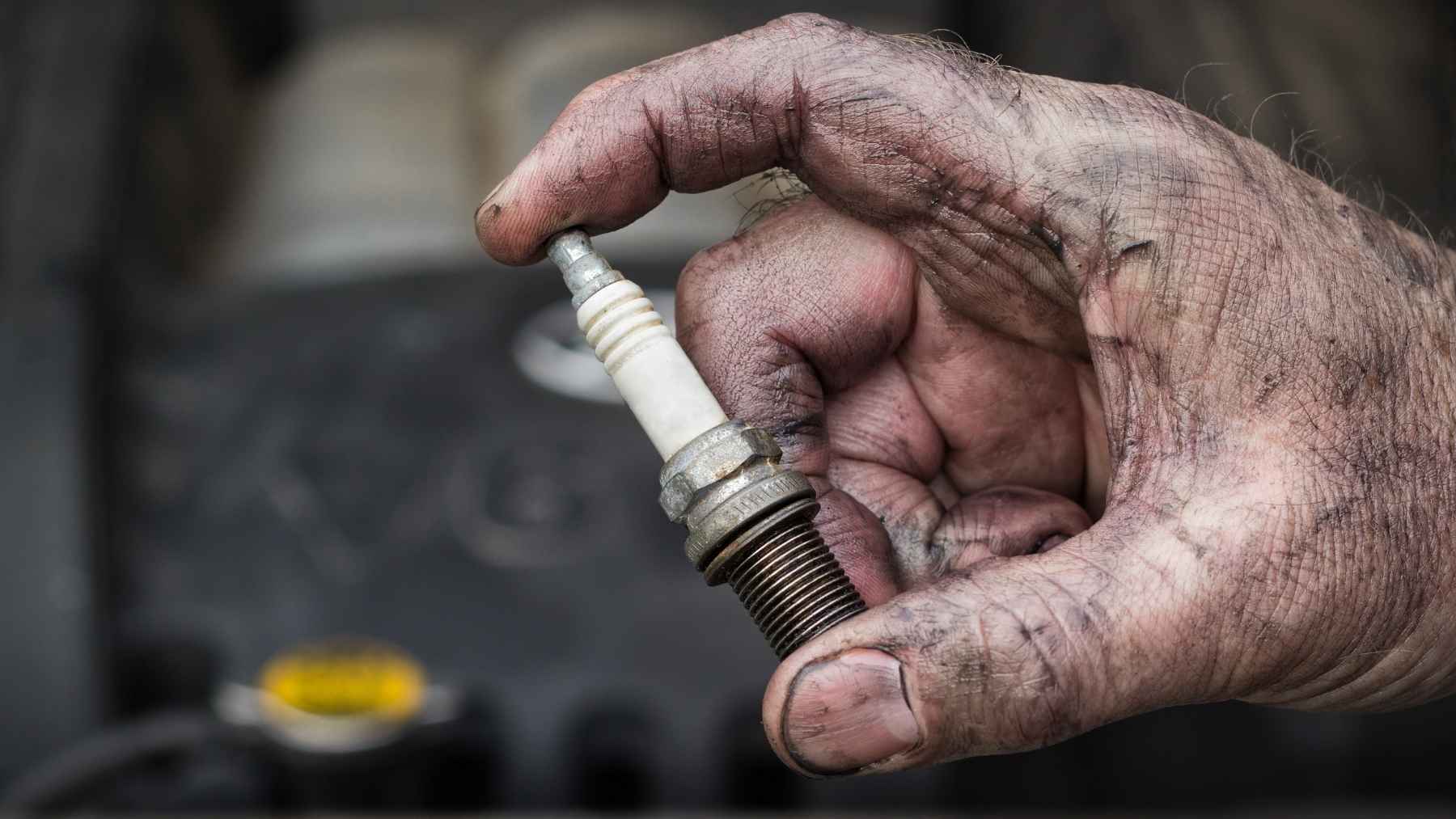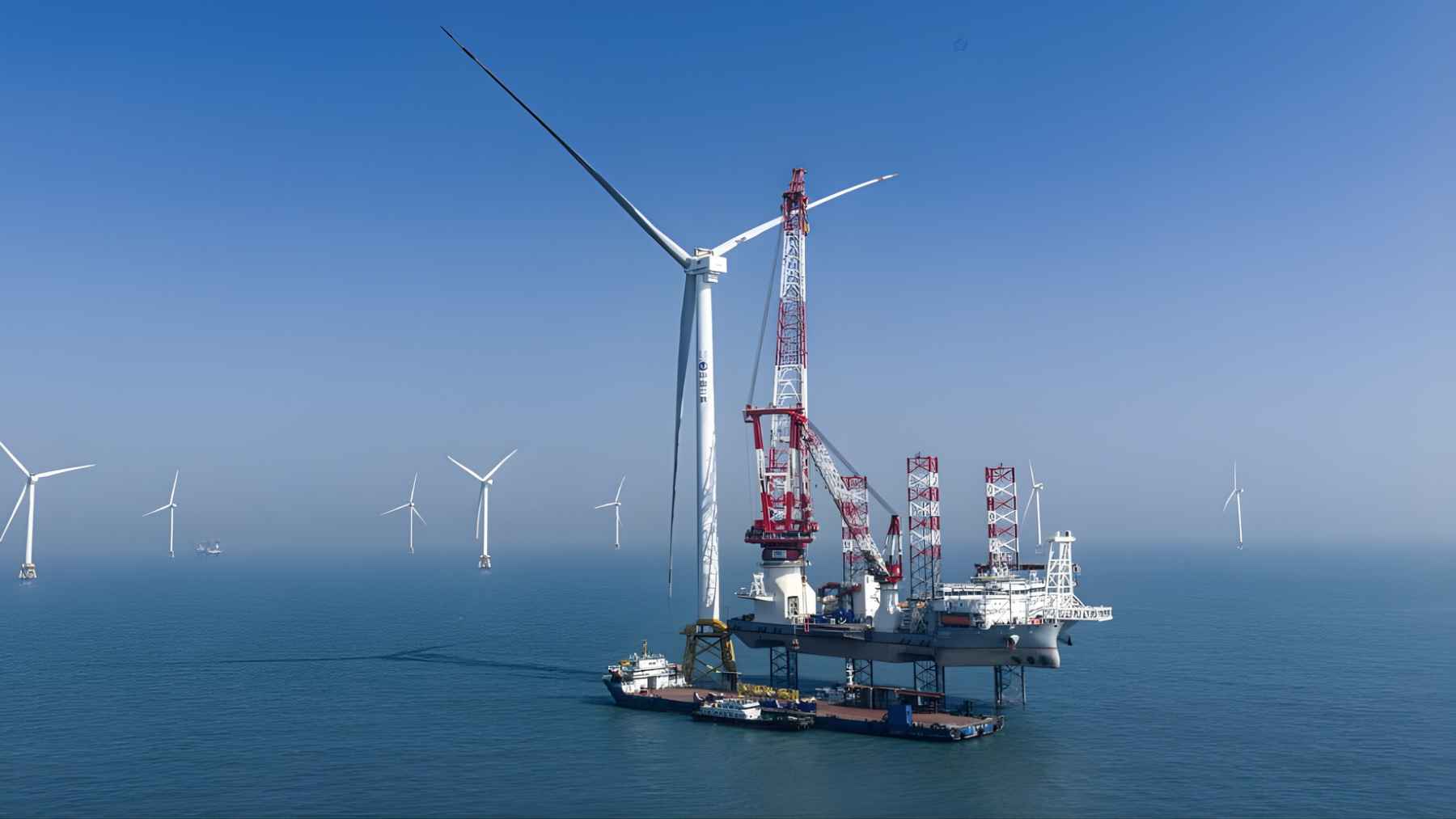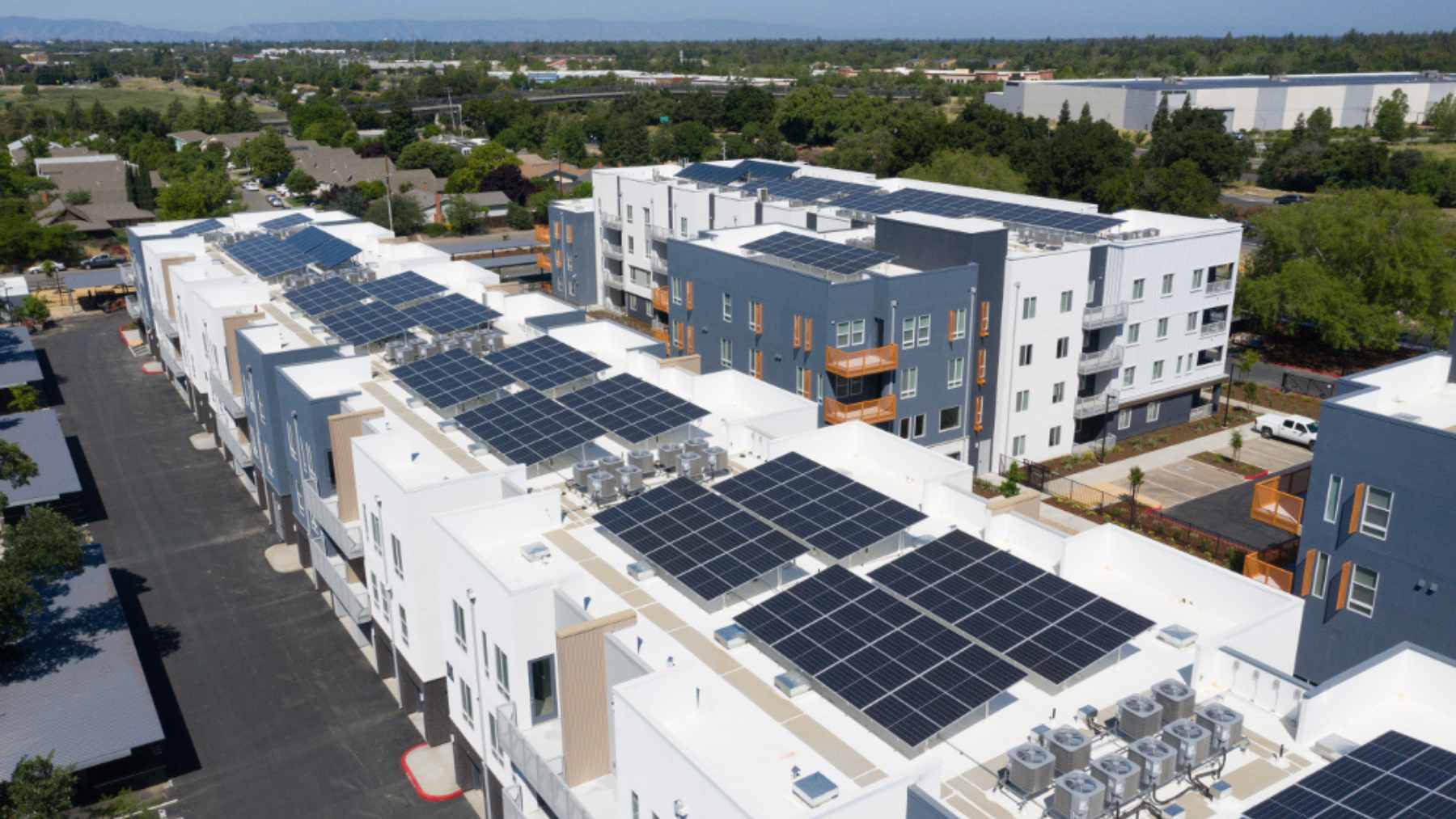Sweden may very well be rewriting flight rules in their entirety with a promise to eliminate fossil fuels from the airspace. With hybrid-powered flights on offer, the country is ensuring that even the aviation sector pledges towards 100% sustainable aviation fuel (SAF) with their zero-emissions jet. By rewriting the rules of flight, the innovation is rewriting the rules of sustainable commitment as well. Sweden’s 30-seater hybrid is the future of aviation.
Sweden is committed to sustainable soaring in the skies
Sweden is now at the very core of the launch towards future aviation possibilities. The hybrid-electric aircraft, still under development, that will be powered by SAF will spell the end of fossil jet fuel. Sweden is transitioning to 100% SAF in terms of domestic flights, which will occur within the next 10 years.
Sweden surely is committed to a broader climate strategy and holds onto the goal of being a net-zero country by 2045. To date, aviation has been one of the biggest industries causing pollution, and the transition to SAF means utilizing a fuel that is not fossil-based. SAF was created using waste oils, captured CO₂, and agricultural residues. Sweden is looking at using nothing less than 100% SAF when considering future aviation design options.
The country is not just considering SAF for their future aircraft, but has aligned with airports and carriers to ensure infrastructure upgrades are in place that support the production, distribution, and refueling of SAF. All airlines would need to comply with Sweden’s SAF mission.
ES-30 running on SAF and soaring to sustainable heights
Heart Aerospace is the heart of this sustainable transformation, and the startup company is busy building the ES-30. This 30-passenger hybrid-electric aircraft will begin flying by 2030 and will be best suited for shorter-haul flights. Offering a 32 km full electric range and a hybrid SAF-based engine, this hybrid aircraft will fly to about 200 km.
The ES-30 is being designed for commercial routes and will be great for communities like Gotland, Sweden’s most remote island, where daily flights to the mainland become essential. Local authorities in Gotland have already signed the agreements with Heart Aerospace and the Elfly Group to start electric aviation testing.
Infrastructure and regulatory protocol are becoming essential
Moving towards an electrical aviation future expands beyond just the aircraft. Airport infrastructure needs to support these electric aviation flights. Already onboard are airports like Säve in Gothenburg that have agreed to include charging stations, battery safety zones, and SAF blending facilities. At the same time, Sweden’s transport and environmental agencies are looking to fast-track certifications for electric aircraft, as these agencies are currently battling with archaic setbacks.
Sweden sees the government collaborating with research institutions and ambitious startups. With over 100 projects devoted to ensuring that air taxis enjoy a more sustainable future, Sweden surely is committed to producing commercial electric planes that will take over the skies. Sweden is saying goodbye to polluting airplanes for good by running 100% on their chosen sustainable fuel.
Sweden and their Swedish ambition to be free of fossil fuels
Sweden seeks to reduce emissions, and in doing so, Sweden is reaching up to the sky. Rewriting the script for future aviation with mandates for utilizing 100% SAF, Sweden is investing in a future where all sort of fossil jet fuel ceases to exist. Sweden is involving the more remote areas like Gotland as well as innovative hubs like Gothenburg when setting out its zero-emissions flight trajectory.
Should Sweden be successful, flying in the Swedish skies will be cleaner and no longer fueled by fossil fuels. The country is proving that the sky is not the limit when it comes to sustainability initiatives. Sweden is rather ambitious about sustainability, and this is one country that has just done it and created the perfect flight fuel that beats hydrogen and electricity.
